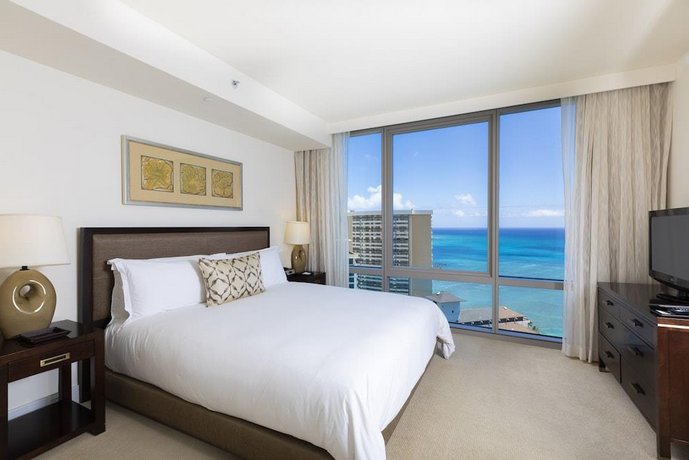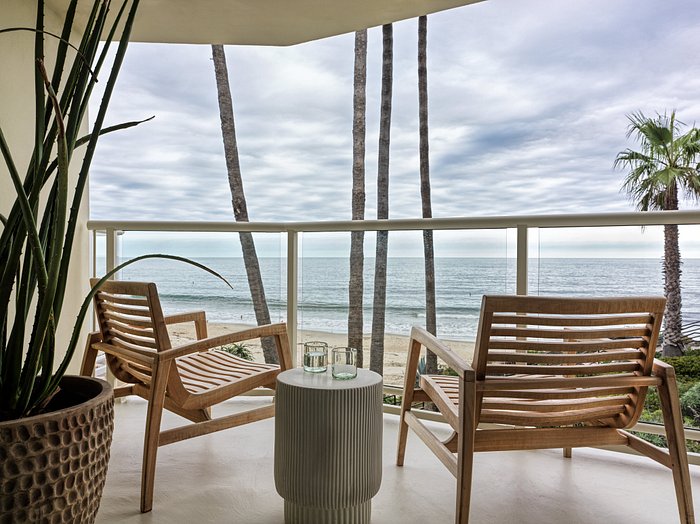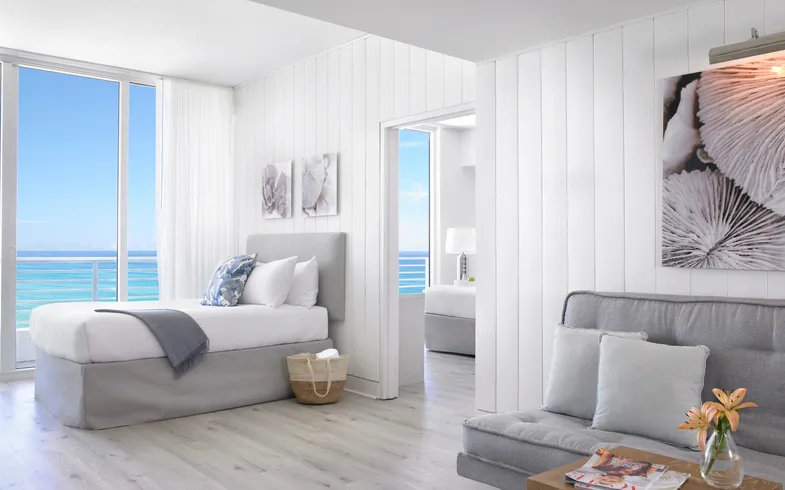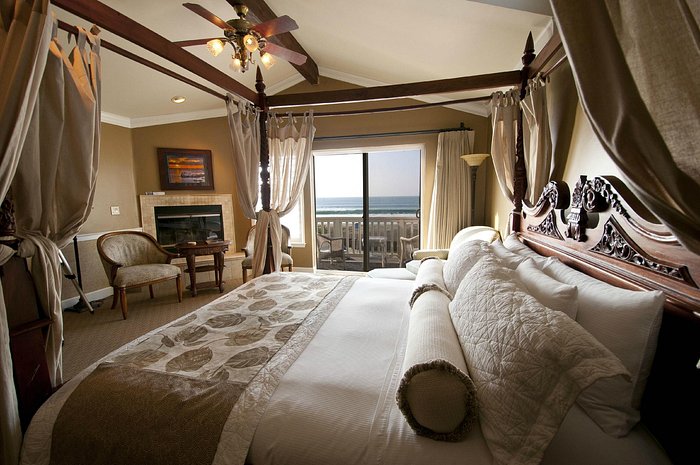When planning a getaway, especially for romantic travelers seeking the charm of a bed and breakfast, its crucial to consider how B&Bs handle food allergies. Whether it’s a nut allergy, gluten intolerance, or any other specific dietary need, knowing the measures taken by these unique accommodations can ensure a safe and memorable stay.
Many travelers are concerned about food allergies, and rightly so. Food allergies can turn what should be a relaxing escape into a risky endeavor. By understanding how B&Bs manage these allergies, guests can feel confident in their chosen retreat. The primary keyword, How B&Bs handle food allergies, guides us through these vital insights.

Understanding the Impact of Food Allergies
Food allergies are prevalent and can range from mild to severe reactions. A study by the Absolute Escapes reveals that allergies affect a significant portion of the population. This reality has shaped how B&Bs adapt their services.
The Commitment of Bed and Breakfasts
B&Bs often pride themselves on personalized guest experiences. This personal touch extends to catering to those with food allergies. By offering customized menus and allergen-free meals, B&Bs can create a safe haven for all guests.
Steps Taken by B&Bs to Ensure Safety
B&Bs employ various strategies to accommodate guests with allergies. Let’s delve into these precautionary measures:
Clear Communication
Effective communication is key. Guests are encouraged to inform hosts of their food allergies ahead of their visit. This proactive approach allows B&Bs to prepare appropriately.
Customized Meal Plans
Many B&Bs offer bespoke dining options. By providing detailed ingredient lists and alternative menus, they can safely accommodate dietary needs.
Staff Training
Ensuring that staff members are well-trained in handling allergens is essential. This training covers everything from food preparation to understanding allergen cross-contamination.
Kitchen Practices
Separate cooking areas and utensils are used to prevent cross-contact. B&Bs also label food items clearly to alert guests to potential allergens.
The Importance of Trust in Allergic Situations
Travelers must trust that their accommodation will cater to their needs. Trust is built through transparency and ongoing communication between guests and hosts.
Testimonials and Reviews
Reading reviews from previous guests with similar concerns can provide peace of mind. Many travelers share their positive experiences, reinforcing the B&Bs commitment to safety.
Romantic Travelers Perspective on Food Safety
For romantic travelers, the allure of a B&B lies in its intimate setting. Ensuring food safety enhances this experience, allowing them to focus on enjoying their getaway.
Creating a Memorable Experience
A safe dining experience contributes to an overall enjoyable stay. Couples can savor their meals without distraction, adding to the ambiance and romance of the trip.
Enhancing the B&B Experience
Many B&Bs are continually looking for ways to improve. By incorporating feedback and innovative practices, they strive to offer the best accommodations possible.
Guest Engagement
Engaging with guests before, during, and after their stay can provide valuable insights. B&Bs can use this feedback to refine their allergy management strategies.
Community Resources
Some B&Bs collaborate with local resources, including healthcare professionals, to enhance their allergy accommodation practices.
Benefits of Staying at B&Bs for Allergic Individuals
The benefits of choosing a B&B extend beyond food allergy management. These establishments offer personalized service and unique experiences unmatched by traditional hotels.
Personalized Service
The smaller size of B&Bs allows for a more personalized touch. Hosts often become acquainted with guests, fostering a welcoming and safe environment.
Unique Accommodations
B&Bs offer distinctive lodging options in comparison to conventional hotels. Explore more about benefits of staying at B&Bs, which often feature local charm and customized experiences.
How to Choose the Right B&B
Research and planning are crucial in selecting a B&B that caters to dietary restrictions:
Research Accommodations Thoroughly
Investigate how different B&Bs handle food allergies by reviewing their websites, menus, and guest reviews.
Communicate Directly
Contact the B&B directly to discuss specific allergy concerns and tailor your stay accordingly.

Frequently Asked Questions
Do all B&Bs accommodate food allergies?
Not all B&Bs may accommodate food allergies, but many are increasingly aware and prepared to cater to such needs. It is advisable to inquire directly with the establishment about their policies.
How far in advance should I notify the B&B of my allergy?
Notifying the B&B at the time of booking or at least two weeks in advance gives them ample time to prepare and ensure they can accommodate your dietary requirements.
Are B&B staff trained to handle food allergies?
Many B&Bs train their staff to handle food allergies properly, understanding cross-contamination and specific dietary needs to ensure guest safety.
This article contains affiliate links. We may earn a commission at no extra cost to you.






